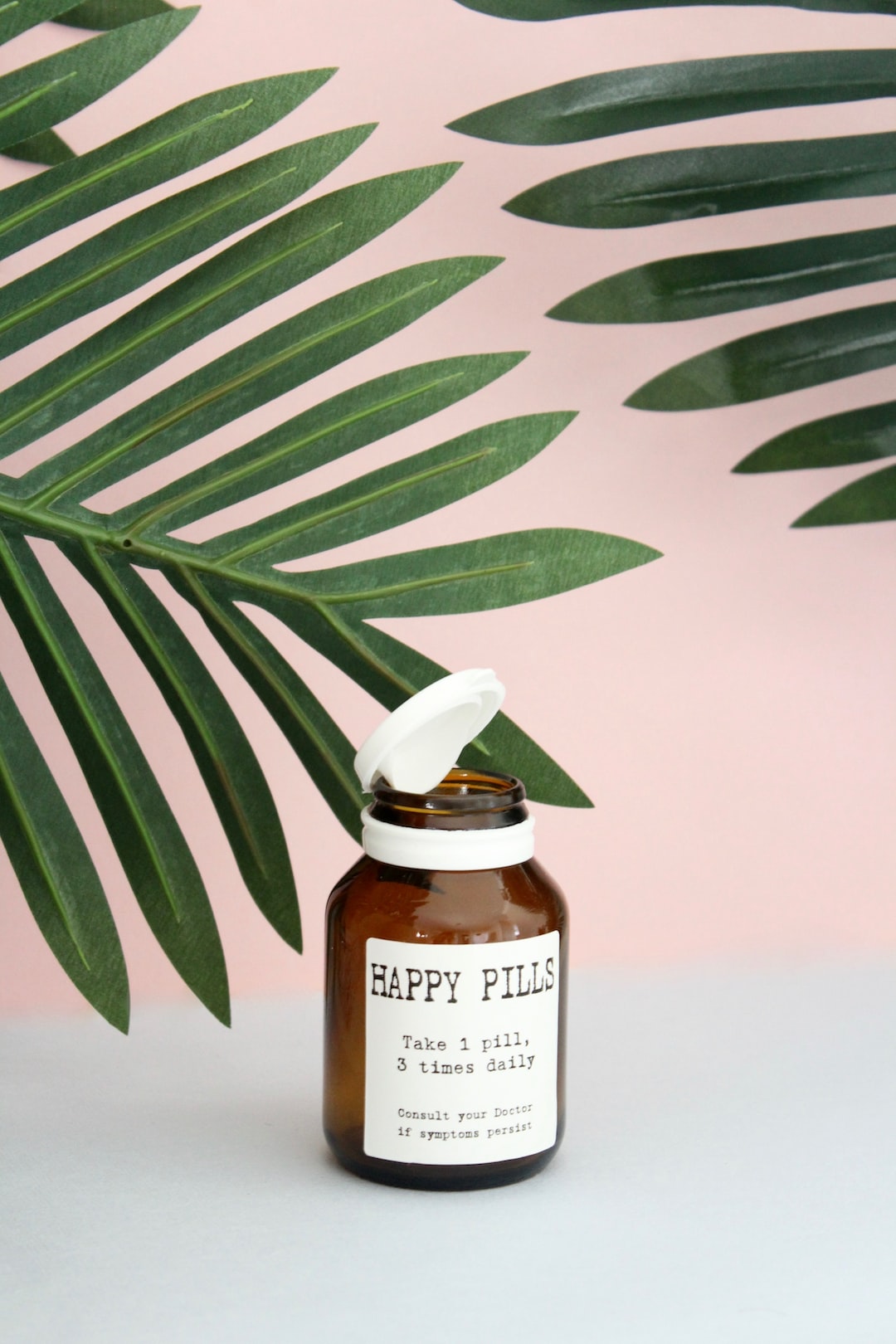When it comes to taking care of our skin, cleansing and exfoliation are two key steps that should never be skipped. Cleansing removes dirt, oil, and makeup from our skin, while exfoliation helps to slough away dead skin cells and reveal brighter, smoother skin. However, not all cleansing and exfoliation methods are created equal – in fact, some could actually be harming our skin. Here are some tips for how to properly cleanse and exfoliate your skin.
Cleansing:
1. Choose the right cleanser: Different skin types require different types of cleansers. If you have dry skin, you should use a creamy, hydrating cleanser that won’t strip your skin of its natural oils. If you have oily skin, look for a foaming cleanser that can help to control oil production. If you have sensitive skin, opt for a fragrance-free, gentle cleanser.
2. Use lukewarm water: Hot water can dry out your skin and cause irritation, while cold water won’t effectively remove dirt and oil. Use lukewarm water to cleanse your skin.
3. Don’t over-cleanse: Cleansing your skin too often can actually do more harm than good. Over-cleansing can strip your skin of its natural oils, which can lead to dryness and irritation. Aim to cleanse your skin once in the morning and once at night.
4. Be gentle: Don’t use harsh scrubbing motions when cleansing your skin. Instead, use gentle circular motions with your fingers or a cleansing brush to massage the cleanser into your skin.
Exfoliation:
1. Choose the right exfoliator: Just like cleansers, exfoliators come in different types for different skin types. If you have sensitive skin, look for a gentle exfoliating scrub with fine particles. If you have oily skin, you may benefit from a stronger exfoliating product such as a chemical exfoliant containing AHAs or BHAs.
2. Exfoliate regularly but not too often: Exfoliating once a week is generally recommended, but your skin’s needs can differ depending on your skin type, how sensitive it is, and the exfoliation product being used. Over-exfoliation can lead to redness, irritation, and even breaking the skin barrier. Be mindful of how your skin reacts and adjusts accordingly.
3. Avoid harsh scrubs: Stay away from exfoliating scrubs that have large, hard particles like apricot kernels or walnut shells. These types of products can cause micro-tears in the skin, leading to irritation, infection, and even scarring.
4. Be gentle: Whether you are using a physical scrub or a chemical exfoliator, be gentle when applying the product to your skin. Use small, circular motions with your fingers or an exfoliating brush.
Properly cleansing and exfoliating your skin is essential for maintaining healthy, glowing skin. By following the above tips, you can learn how to effectively take care of your skin and provide it with the necessary nourishment. Remember, everyone has different skin types, so it’s important to find the right products and techniques that work best for you.

